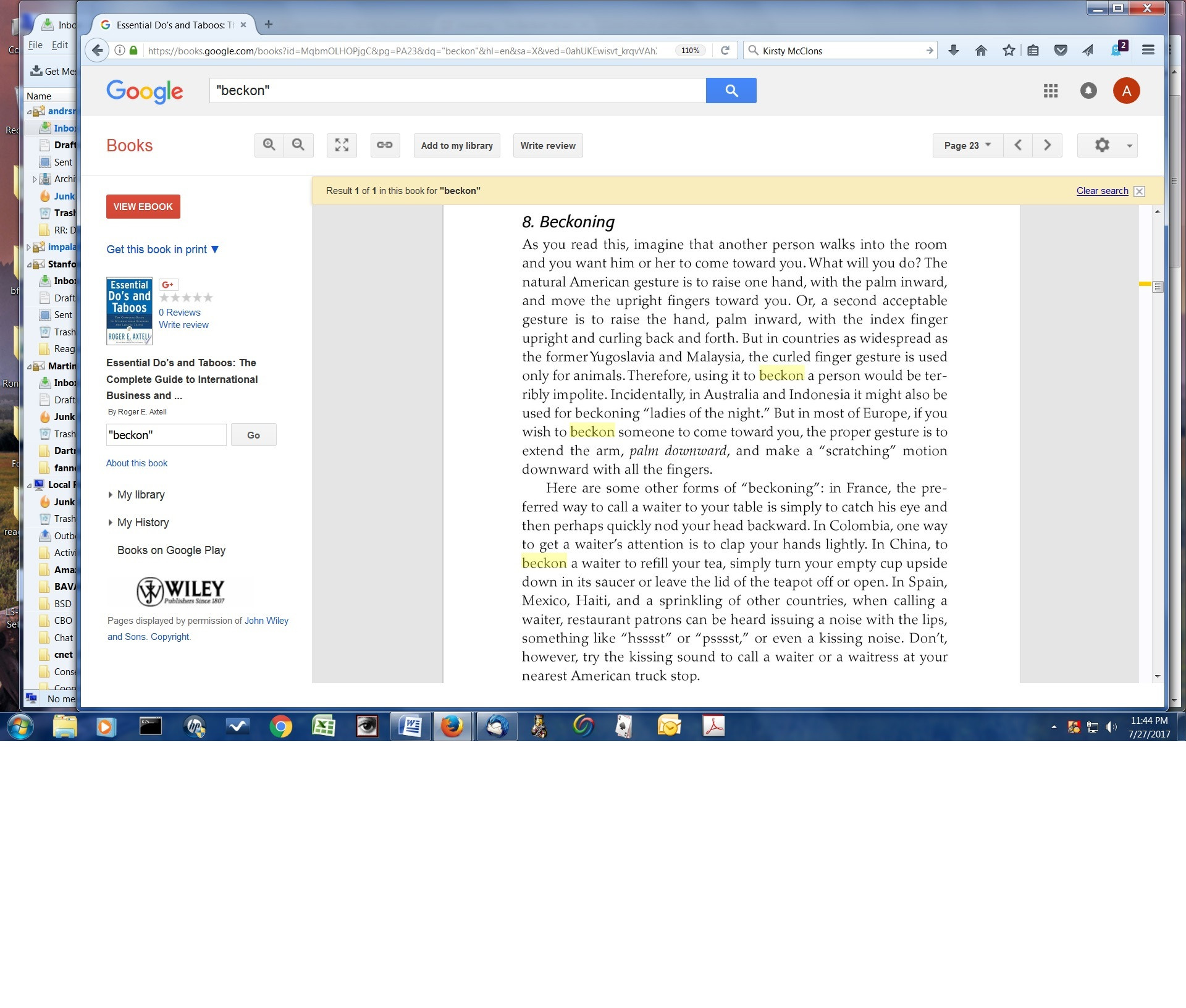I was reading Anna Karenina by Leo Tolstoy when I come across a verb that I already don't know.
.... On top of all this she also wanted to go away because she was dreaming of luring her sister kitty , who was supposed to return from abroad in the middle of summer and had been ordered to bath , to stay with her in the country . kitty had written to her from the spa that nothing beckoned (to) her so much as spending the summer together with Dolly in Yergushovo , which for both of them was full of childhood memories.
Having searched this verb in dictionary , I come to understand the meaning of it . but what is still problematic to me is that The Oxford Advanced Learner's Dictionary says that when this verb means to appear very attractive to somebody we haven't to bring **to with it **.In other words, we must say simply 'the prospect of a month without was beckoning her'.
So , my question is why the translator has used this verb with
"to" ?
Is this kind of using this verb possible?
Has the translator has made a mistake ?
The text is from Anna karenina translated by Joel Carmichael

